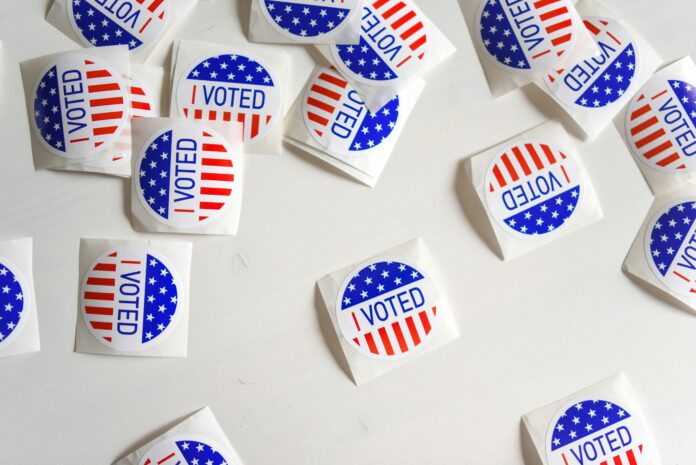
Editor’s Note: Law Week Colorado edits court opinion summaries for style and, when necessary, length.
REPUBLICAN NAT. COMM., ET AL. V. MI FAMILIA VOTA, ET AL.
The U.S. Supreme Court granted in part and denied in part an application for a stay presented to Justice Elena Kagan.
The high court ordered the district court’s May 2 judgment be stayed only to the extent it enjoins enforcement of Arizona Revised Statute 16-121.01(C), pending disposition of the appeals in the 9th Circuit Court of Appeals and a petition for a writ of certiorari, if one is sought.
The law in question requires Arizonans who are registering to vote to provide proof of citizenship. Subsection C of the law, which the court granted a stay for Arizona to enforce, allows applicants who are trying to register to vote to give the state a form produced by the U.S. Election Assistance Commission. Otherwise, any application for registration in Arizona needs to be accompanied by satisfactory evidence of citizenship as prescribed by Subsection F of the law.
Should certiorari be denied for this case, the Supreme Court said the stay will terminate automatically. If certiorari is granted, the stay will terminate upon the delivery of the court’s judgment.
However, the application was denied as to Subsections 16-121.01(E) and 16-127(A). Subsection A required applicants to fill out and provide additional documents or information to prove citizenship to register to vote in Arizona. Subsection E required election officials to notify anyone who failed to prove citizenship that they can’t be registered to vote and then to forward their information to “the county attorney and attorney general for investigation.”
Justices Clarence Thomas, Samuel Alito Jr. and Neil Gorsuch would grant the application in full.
Kagan along with Justices Sonia Sotomayor, Amy Coney Barrett and Ketanji Brown Jackson would deny the application in full.

